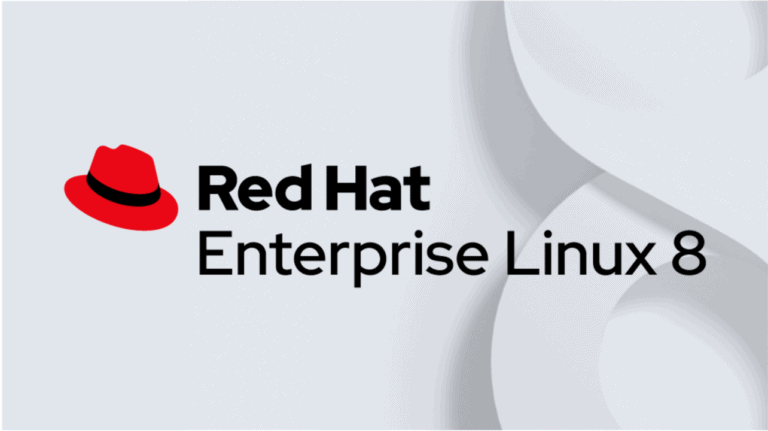Earlier this year, Red Hat released a new version of its Linux distribution. Red Hat Enterprise Linux 8, for many known as RHEL 8. We talked to Maxim Burgerhout about this new version, but especially about what they have renewed and improved. What the added value of this version is for developers and administrators.
We have explained the most important innovations of the operating system in a short video. In this video, Burgerhout explains the added value of RHEL 8 (at a fast pace) and why it is good for a company to switch to this new version. If we have to summarise briefly, the main trends in the IT industry can be found in this new release.
For example, the operating system has become more user-friendly for the various target groups. A control plan has been built for developers, which allows them to do simple configurations quickly. They don’t have to wait for an administrator to do this for them so that the pace of development can be cut high. On the other hand, there is also a lot simplified for administrators. For example, a complete overview of all RHEL 8 instances can be accessed from one single sceen. Also, many issues can be solved automatically, because Red Hat has integrated its Ansible technology well.
Furthermore, known problems with libraries and applications that were installed in illogical places have finally been solved. Red Hat now controls this better, so that applications and libraries are actually installed in the places where you expect them. This has been a thorn in the side for administrators for some time now. Finally, Red Hat has taken big steps on a container level. With OpenShift, Red Hat, of course, has a large share in the Kubernetes market, but creating and rolling out containers was not always easy. In RHEL8, major steps have been taken to simplify this process. The necessary applications have been built, making working with containers a lot more pleasant. For example, there is the Buildah application, with which containers can be built and modified. There is also Podman, a deamon-less container service, with which containers can be turned, managed and debugged.
